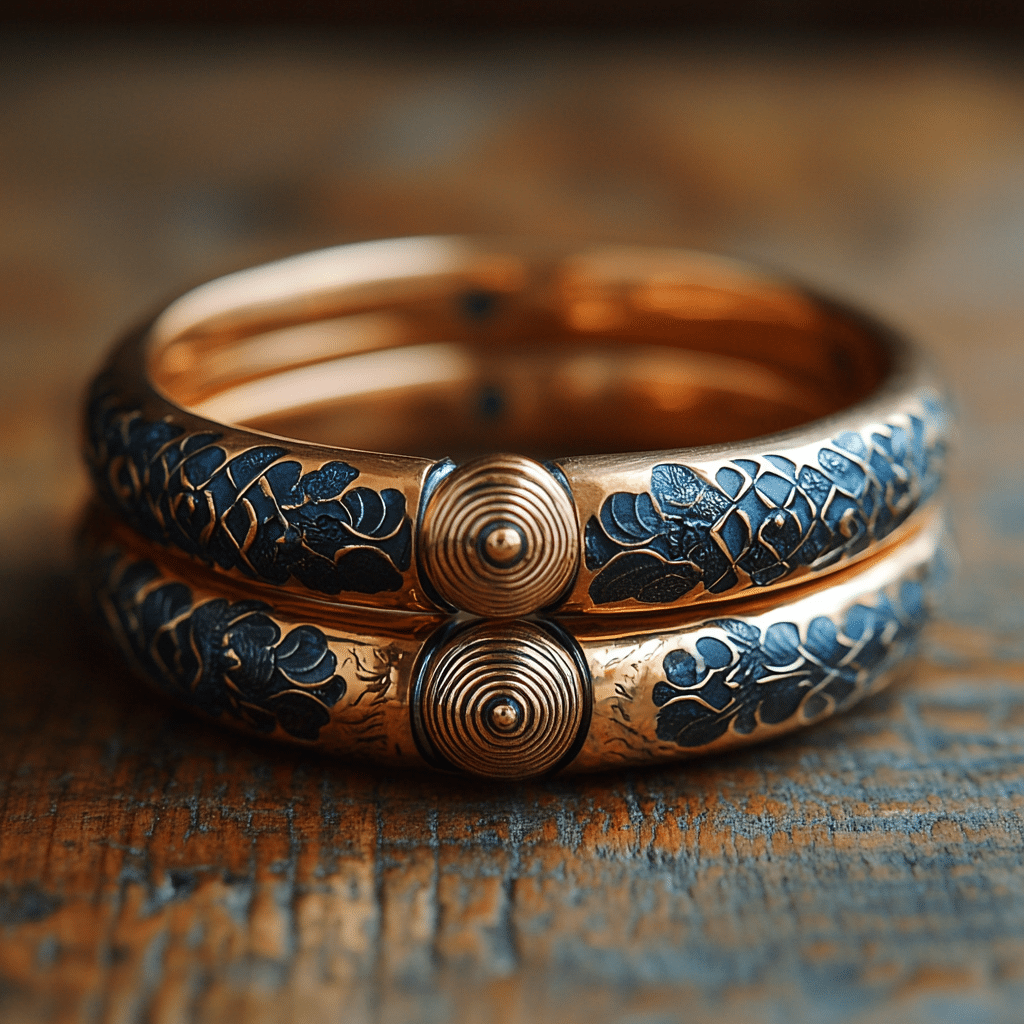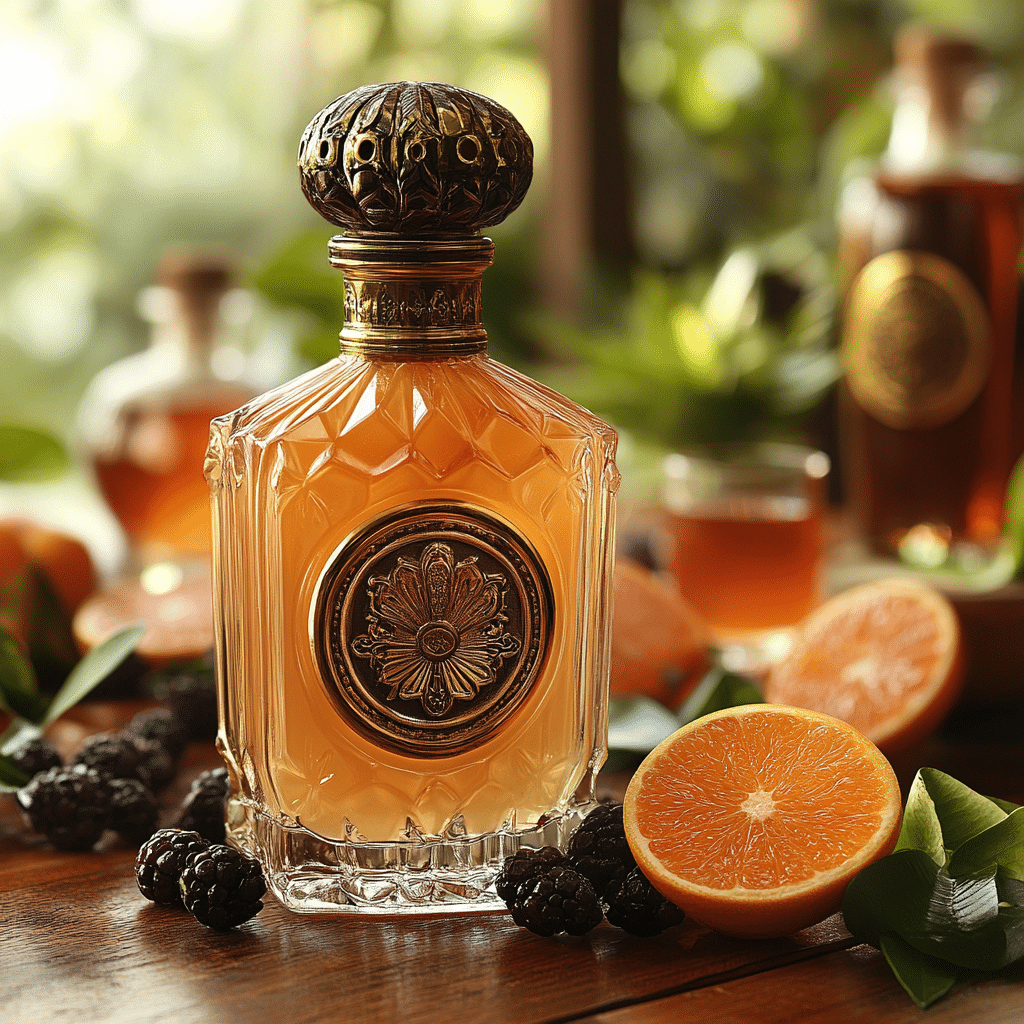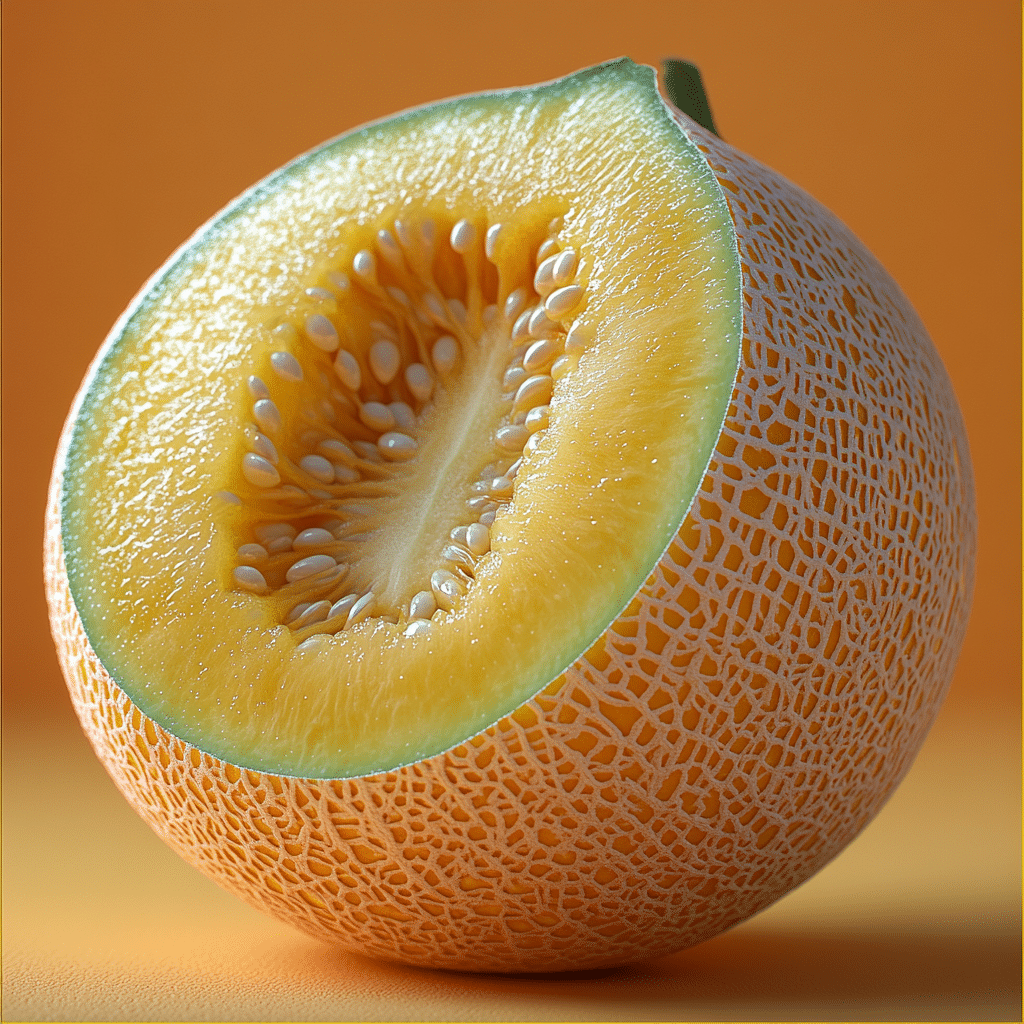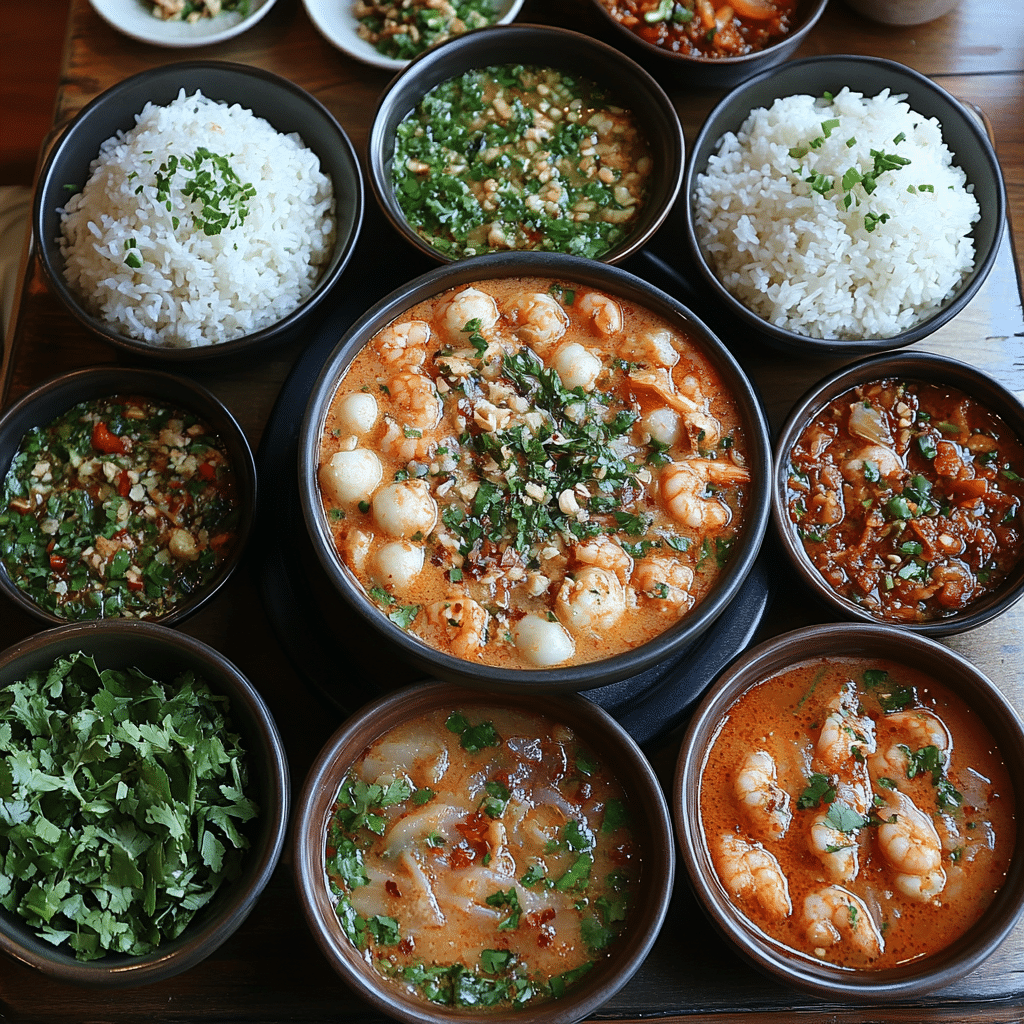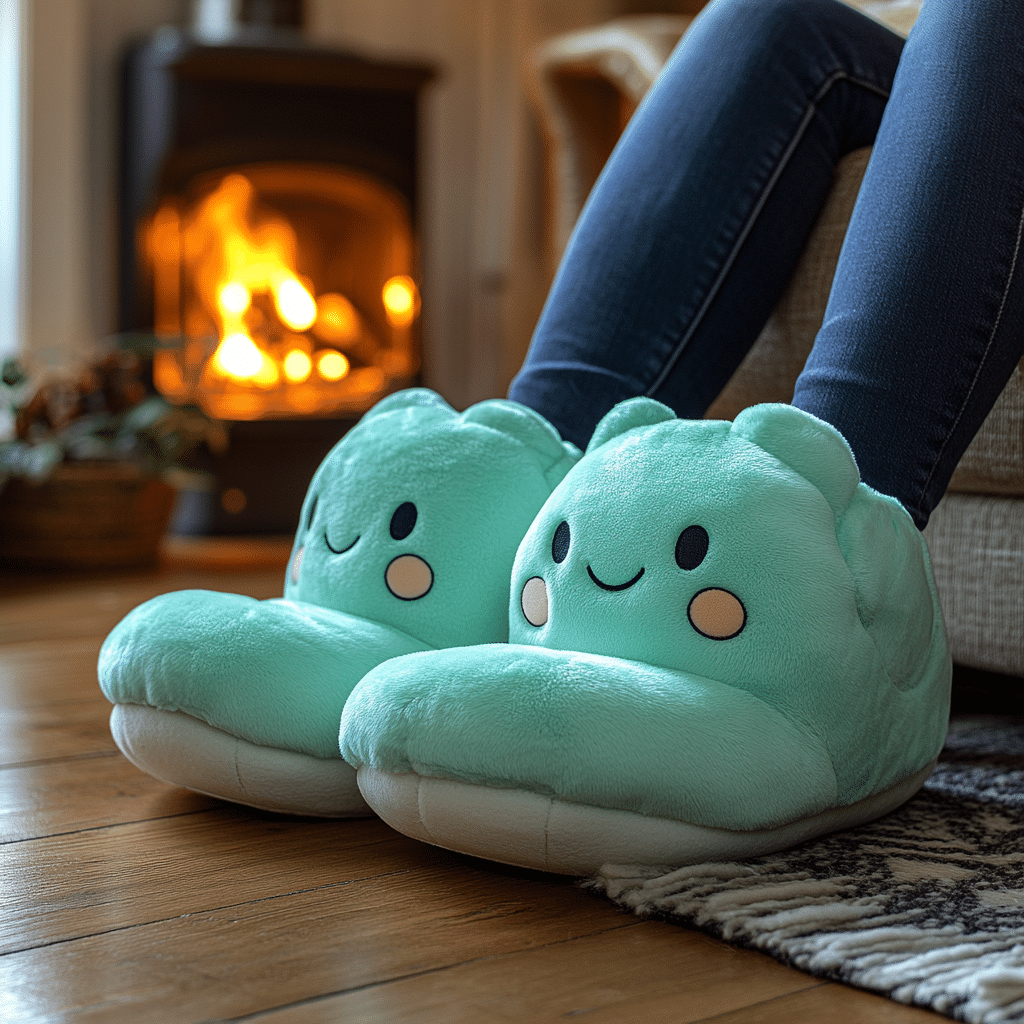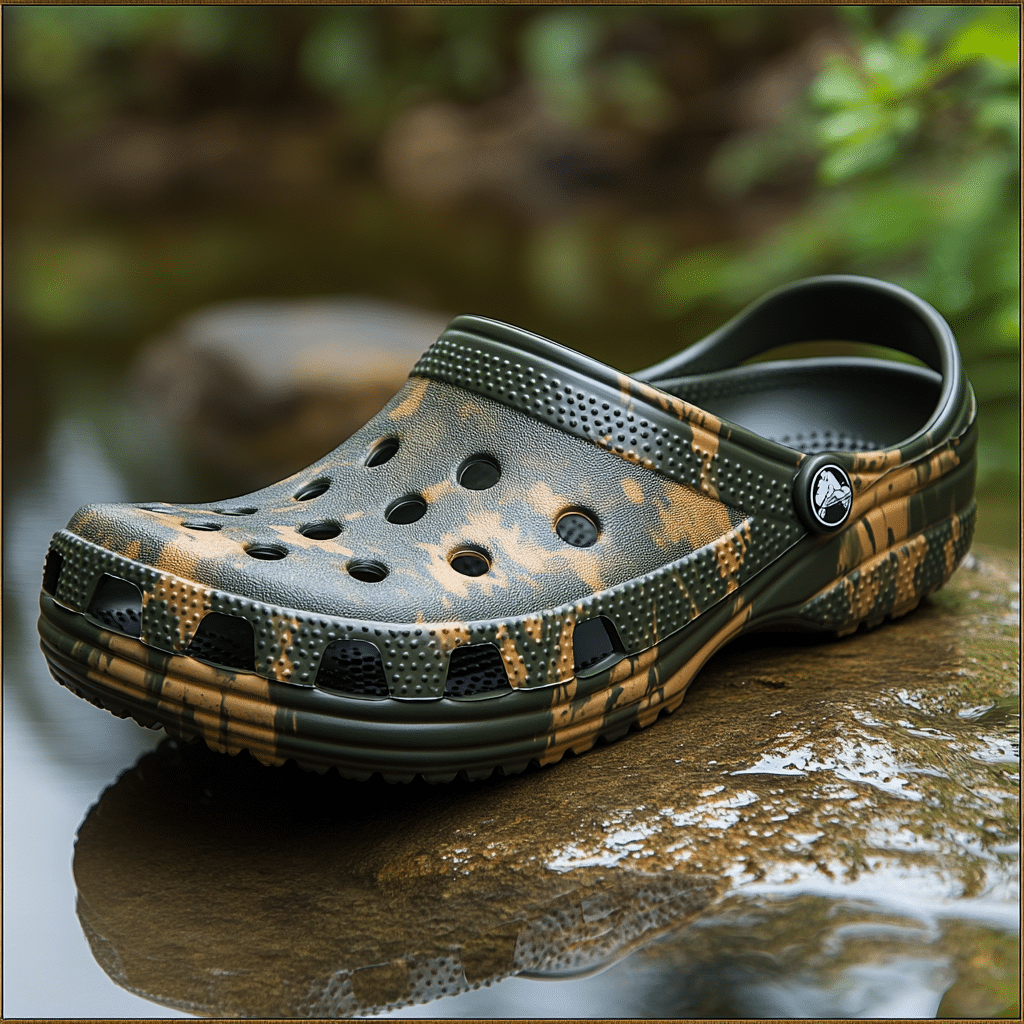When it comes to breakfast cereals, Special K cereal holds a prominent spot on grocery store shelves. Since its introduction in the United States in 1955, Special K has carved out a reputation as a health-conscious option. But with so many cereals vying for attention, is this product truly deserving of the hype? Let’s dig deep into the appeal of Special K cereal and see what makes it tick.
The Rise of Special K Cereal in the Breakfast Market
Special K cereal emerged at a time when Americans were increasingly focused on health and wellness. Kellogg’s recognized the trend early, and their marketing strategies have evolved to keep pace with changing consumer preferences. Initially, Special K was marketed primarily as a low-fat cereal aimed at those trying to shed pounds. Fast forward to today, and it boasts a more varied portfolio that highlights lower sugar and added nutrients.
Over the years, Special K has become synonymous with diets, featuring prominently in weight loss programs like the popular Special K Diet. This positioning has attracted a clientele eager for a quick breakfast option that aligns with their fitness goals. This has played a vital role in establishing and maintaining its presence in the crowded breakfast market.
Top 5 Reasons to Try Special K Cereal for Breakfast
Looking for a balanced breakfast? Special K cereal offers a blend of vitamins and minerals that make it appealing. With lower calories compared to sugary competitors like Frosted Flakes and more protein than many options, it serves as a solid breakfast choice for those mindful of their health.
Special K is more than just a cereal in a bowl. It’s a canvas for creativity! Toss in bananas, berries, or nuts like almonds for an extra nutritional punch. You can whip up a breakfast that’s both filling and delicious without much hassle.
Portion control is a significant aspect of eating right. With pre-portioned servings, Special K allows consumers to manage their calorie intake better. This is especially important for anyone striving to maintain or drop weight, especially when compared to calorie-dense options like granola.
Many dieters swear by Special K. The Special K Diet has gained traction, enabling individuals to see tangible results. Real testimonials from people like Sarah M., who lost 15 pounds while incorporating Special K into her meal plan, showcase its effectiveness as part of a broader strategy for weight loss.
Can’t decide on a favorite? Special K offers an array of flavors, from Strawberry to Chocolatey Delight. A recent survey revealed that 65% of participants favored the Chocolatey Delight over plain options, proving variety can be the spice of life, even at breakfast.
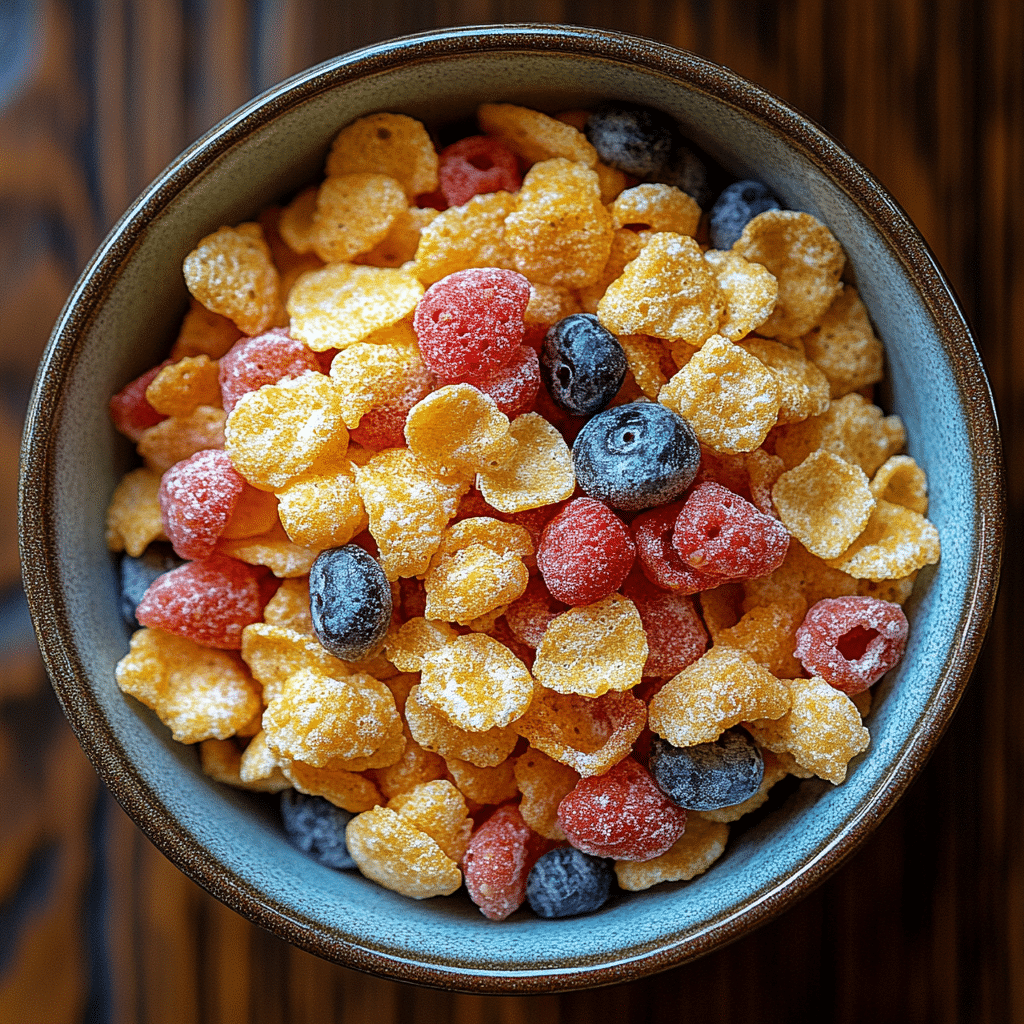
Comparing Special K Cereal to Other Breakfast Options
To get a better understanding of whether Special K cereal is your best breakfast bet, let’s see how it stacks against other popular options.
Consumer Perception of Special K Cereal
Consumer feedback paints a varied picture of Special K’s reputation. Many health-food bloggers praise its convenience and customizable aspects. A recent survey indicated that over 70% of users find it an essential part of their morning routine.
Interestingly, the social media buzz tells its own story. A quick glance at hashtags like #SpecialK can show both love and disdain. Fans appreciate the versatility and taste, while critics argue about its lower fiber content. Some health professionals have raised concerns that many varieties of Special K lack whole grains, and this can be detrimental for consumers aiming for fullness and fiber.
The Future of Special K Cereal: Trends and Innovations
As we move further into a new health-conscious era, Special K has its work cut out. Consumers are increasingly on the hunt for clean labels and nutrient-rich ingredients. Innovations such as gluten-free options and plant-based cereals are gaining popularity.
Will Special K adapt? With the growing emphasis on health, one can only hope they will listen to consumer feedback and evolve accordingly. The cereal giant has hinted at potential new flavors in the works, so keep your eyes peeled!
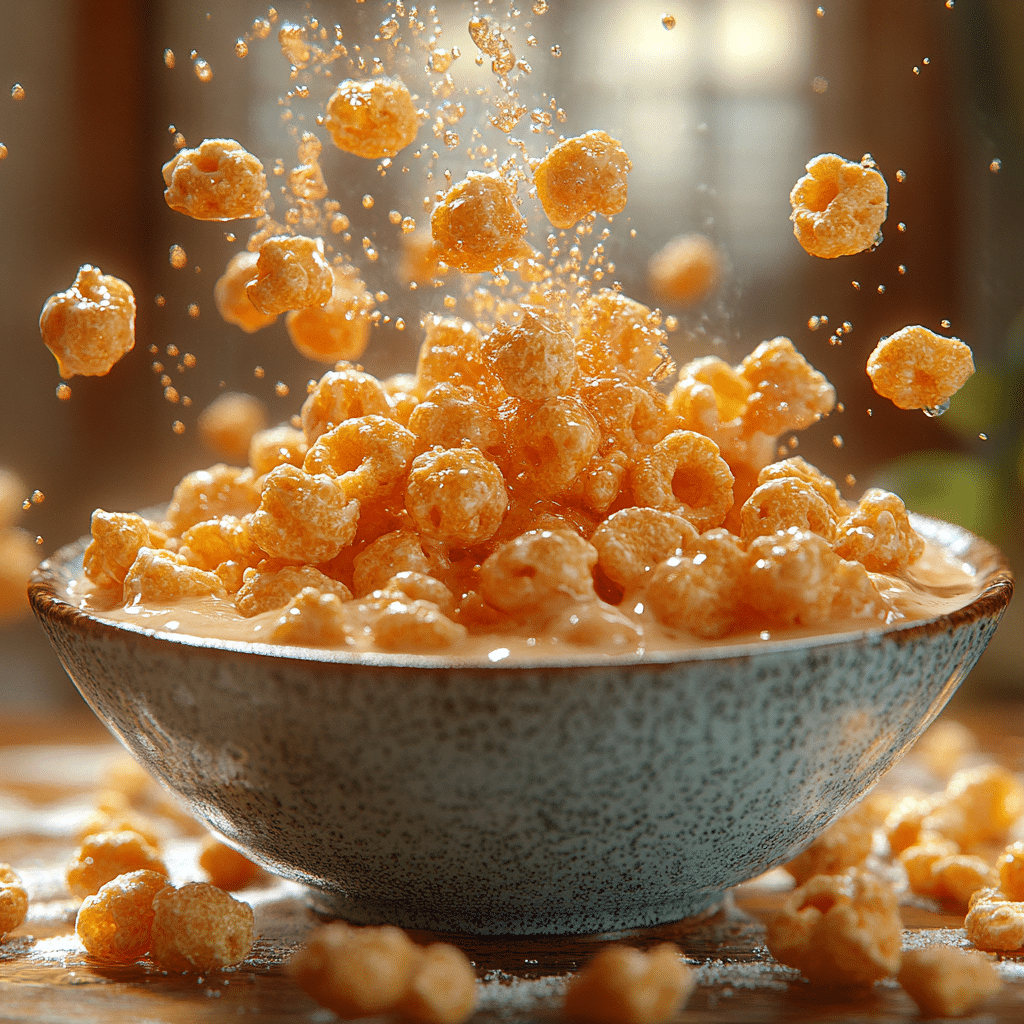
Wrapping Up: Is Special K Cereal Worth the Hype?
Ultimately, whether Special K cereal is worth the hype boils down to your individual dietary goals and palate preferences. For those pursuing a low-calorie, healthy breakfast solution, Special K might just be your ticket. Yet, it’s crucial to scrutinize the marketing claims and understand how the cereal fits into your overall nutrition strategy.
As nutritional insights advance, breakfast options like Special K will continuously prompt reevaluation, not just for consumers but nutritionists too. With trends shifting, it’ll be interesting to see if Special K can keep its foothold in the breakfast aisle or if it needs to adapt to meet modern nutritional demands.
Is Special K Cereal Worth the Hype for Breakfast?
Fun Facts About Special K Cereal
Did you know Special K cereal first hit store shelves in 1920? That’s over a century of breakfast history! Originally created by the Kellogg Company to help people lose weight, it’s evolved into a brand that offers a variety of flavors and products. Speaking of old-school, did you know that leather jackets once dominated the fashion scene and are still a classic today? Just like Special K, which remains a breakfast staple, leather jackets have a timeless appeal.
Now, let’s talk nutrition! Special K cereal is often praised for being low in calories and enriched with vitamins and minerals. A single serving packs a punch with essential nutrients. And, fun fact: if you ever find yourself wondering, What time will it be in 30 minutes—just grab a bowl of Special K and enjoy! You’ll be fueled up and ready for whatever the day throws at you, whether it’s a sunny morning in one of those famous Palm Springs Resorts or a regular day at the office.
When it comes to flavor, Special K has ventured beyond that original plain taste, offering enticing varieties like chocolate and berry medleys. They’re not quite as nostalgic as a tin of Beefaroni from childhood, but they’re certainly more refined! As with many popular products, Special K has become an icon over the years—much like stars in today’s culture, such as Antonella Roccuzzo, who captures the heart of many sports fans around the globe.
Lastly, if you’ve picked up on Special K’s popularity, you’re not alone! The cereal has stood the test of time. So, next time you’re munching away, you can feel like you’ve joined a long line of breakfast enthusiasts. You might even contemplate the thrilling stories behind the scenes of local law enforcement like La Vergne police or quirky trivia like the infamous Tom Green county jail. Trust us, breakfast hasn’t been this interesting in a long while! So is Special K cereal worth the hype? What do you think?
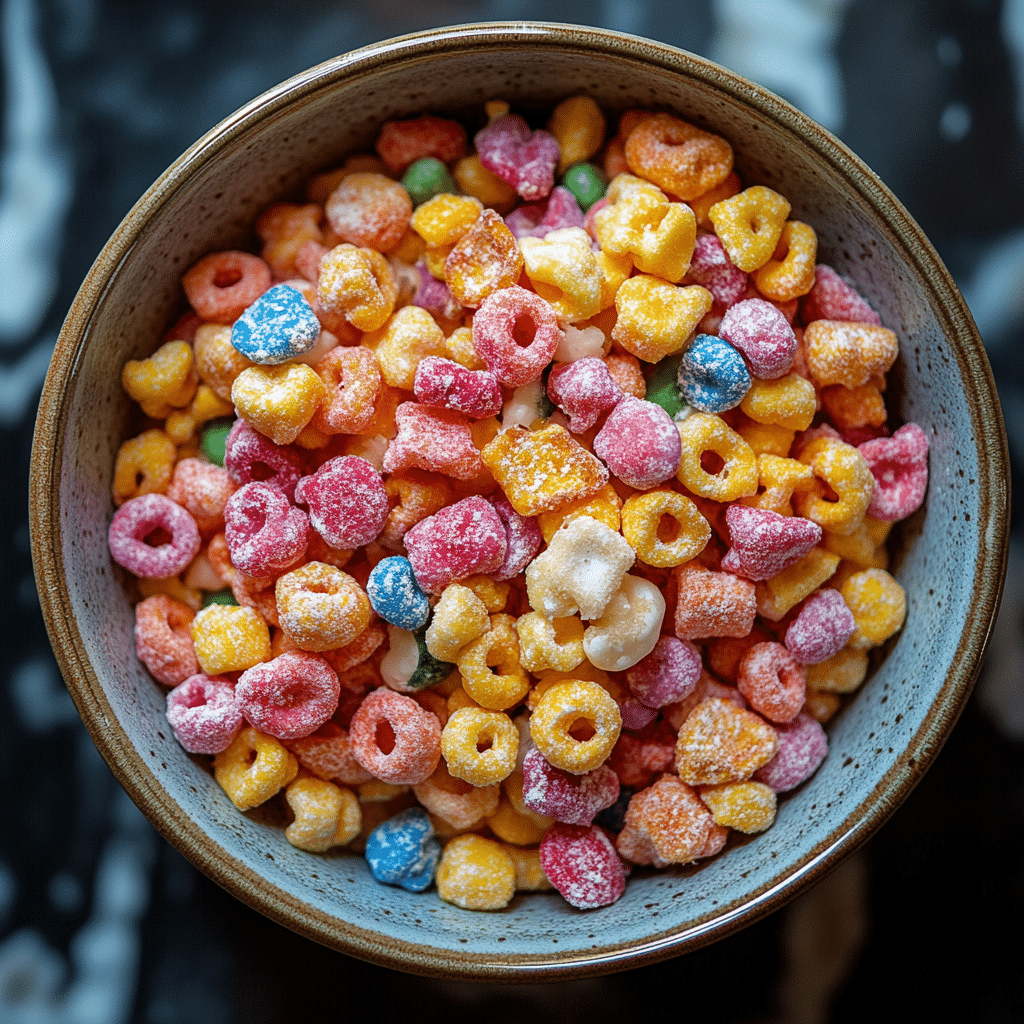
Is Special K cereal good for you?
Special K cereal isn’t considered particularly healthy as most varieties aren’t whole grain and lack sufficient fiber and protein, which can help keep you full.
Does Special K have a lot of sugar?
Special K has lower sugar options, like the Lower Sugar variety, which has less than 4g of sugar per serve, compared to the Original’s 13.9g per 100g. However, some versions can still have moderate sugar levels.
What was Special K made for?
Originally, Special K was marketed as a low-fat cereal to assist in weight loss when it hit the U.S. market in 1955.
Is Special K cereal high in iron?
Special K is fortified with iron, offering about 8mg per 100g, making it a decent choice if you’re looking to boost your iron intake.
Which is healthier, Special K or Cheerios?
When comparing Special K to Cheerios, Cheerios generally have more whole grains and fiber, which might make them a healthier option overall.
What cereal is healthiest?
The healthiest cereal is often considered oatmeal, or any high-fiber, low-sugar choices, depending on individual health needs and preferences.
Does Special K spike blood sugar?
Special K can raise blood sugar levels, especially the types with more sugar, so it’s wise to watch portion sizes and choose options carefully.
Which cereal has the least sugar?
Cereals with the least sugar are often high-fiber varieties or those specifically marketed as low-sugar, like unsweetened muesli.
How much sugar per day?
Experts suggest aiming for about 25g to 38g of sugar per day, depending on your age, sex, and level of physical activity.
Why is Special K banned in some countries?
Special K is banned in some countries because of concerns about its nutritional claims and the presence of certain additives that might not meet food safety regulations.
What is the difference between Corn Flakes and Special K?
Corn Flakes and Special K differ mainly in texture and composition; Corn Flakes are made from corn, while Special K typically includes a mix of rice, wheat, and barley.
Can Special K cereal cause constipation?
There’s a chance that Special K could cause constipation for some folks due to its lower fiber content, especially if it’s not balanced with other fiber-rich foods.
Why is Special K good for you?
Special K can be good for you because it’s fortified with vitamins and minerals, but it’s best to eat it in combination with other nutritious foods for a balanced diet.
Are bananas high in iron?
Bananas are not particularly high in iron; they’re better known for their potassium content, though they do contain a small amount of iron.
Are cheerios healthy?
Cheerios are generally considered healthy due to their whole grain content, but it’s essential to look at specific varieties for added sugars or other ingredients.
Which cereals are no longer healthy?
Some cereals, like most sugary or heavily processed options, have lost their health benefits and are no longer considered good choices for a healthy breakfast.
Is oatmeal better than Special K?
Oatmeal is often viewed as better than Special K due to its high fiber content and health benefits, making it a more filling and nutritious choice.
Is Special K cereal easy to digest?
Special K cereal is usually easy to digest; however, if you have specific digestive issues, individual experiences may vary.
Is Special K cereal kidney friendly?
Special K can be considered kidney-friendly for most people, but it’s always best to consult with a healthcare provider if you have specific kidney-related concerns.
